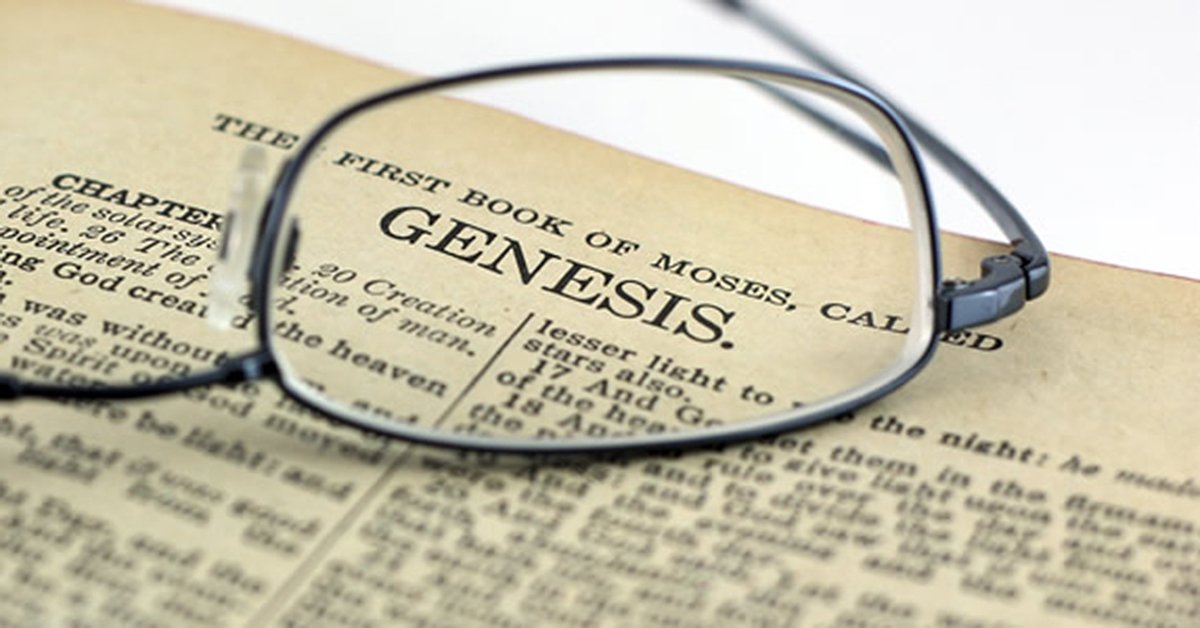There would be seem to be a difference one is a statment, The other a querry ?? questioning..
All beleivers doubt. Doubt is not the oposite of faith. Unbeleif "no faith" is .
As born again believer we are always atributed with little faith with the prospect he must increase. His word literaly has the power of life or death . No faith no power
Jesus did not invide . . it was the work of the father to give John comfort that sent them to witness the lesson the gospel preached the temporal healing proving it was the lord working in mankind to both wil and empower .
John asked them while in prison awaitng punishemt having rebuked the king for fornficateing with his brother Philip's wife. Doubting whether Jesus was prophet messiah .he was led to sent the men saying, Art thou he that should come? or look we for another?
All of those metphors in the parable the blind see (in repsect the spiritual blind faithless unbeleivers. or deaf hear spiritually deaf ,, dead are raised are pictures of our salvation raising the believer to new born again life
When John heard having ears to hear of the work the father was working in the Son of man jesus he mixing that sern with the unseen gospel the deaf hear the dead are raised . The true fast
Garee.......
An excellent commentary on the Matthew 11 passage that you are questioning is found in THE CRISWELL STUDY BIBLE. Dr. Criswell explains the possible reason for John’s question concerning Jesus’ Messiahship: J
John’s question was a question asking clarification, not a question of doubt.
The Old Testament presented the Messiah in a twofold character: (1) as a suffering servant; (2) as a reigning monarch. The prophets (as John was called) could not see the great interval of time between the two comings of our Lord…. John had proclaimed a final judgment and salvation (of the Jews) associated with the glorious kingdom established by the Messiah (millennium and eternal kingdom)…. John did not perceive the difference between the Messianic salvation of the new age (during Jesus’ public ministry) which had come and the age yet to come (Christ’s earthly rule). John had expected the structure (government of the Jews) to be disrupted by the coming of the Messiah and was possibly perplexed because it had not happened (p. 1124).
Also in THE CRISWELL STUDY BIBLE we find the following explanation for the Luke 7 passage: “He that should come” is a reference to the anticipated Messiah. Some commentators, such as Luther, Calvin, and Beza, suggest that John asks the question because his disciples needed strengthening, others indicate that John’s faith is being tested because Jesus does not correspond to his (John’s) expectation. More likely, John is asking if more than one figure (person) was to be anticipated to fulfill the total messianic expectation, one to be lowly and to suffer and the other to rule and to reign (p. 1200).
It should be noted that John the Baptist had declared Jesus to be the Son of God (John 1:34), the Lamb of God (v. 29), he which baptizeth with the Holy Ghost (v. 33), and sent of God (John 3:34), thus John did point men to Jesus as the messiah (see Matthew 3:13; John 1:29, 35- 10:41; Acts 18:25; 19:4). Therefore, it is not certainly known why John sent his disciples to Jesus. It should be noted further that Christ’s own disciples were confused over the subject of the kingdom (see Acts 1:6).
Source:
https://www.biblesprout.com/articles/bible/john-baptist/did-john-doubt-jesus/

